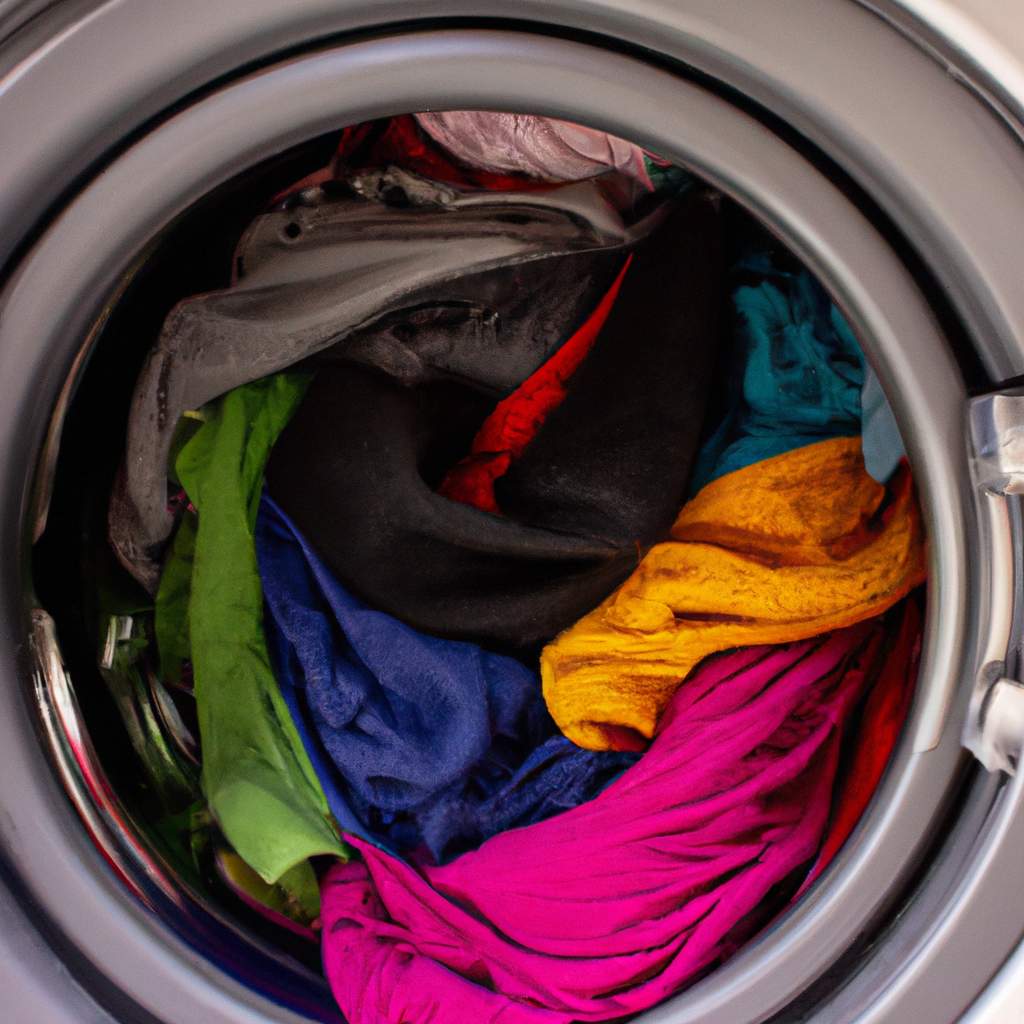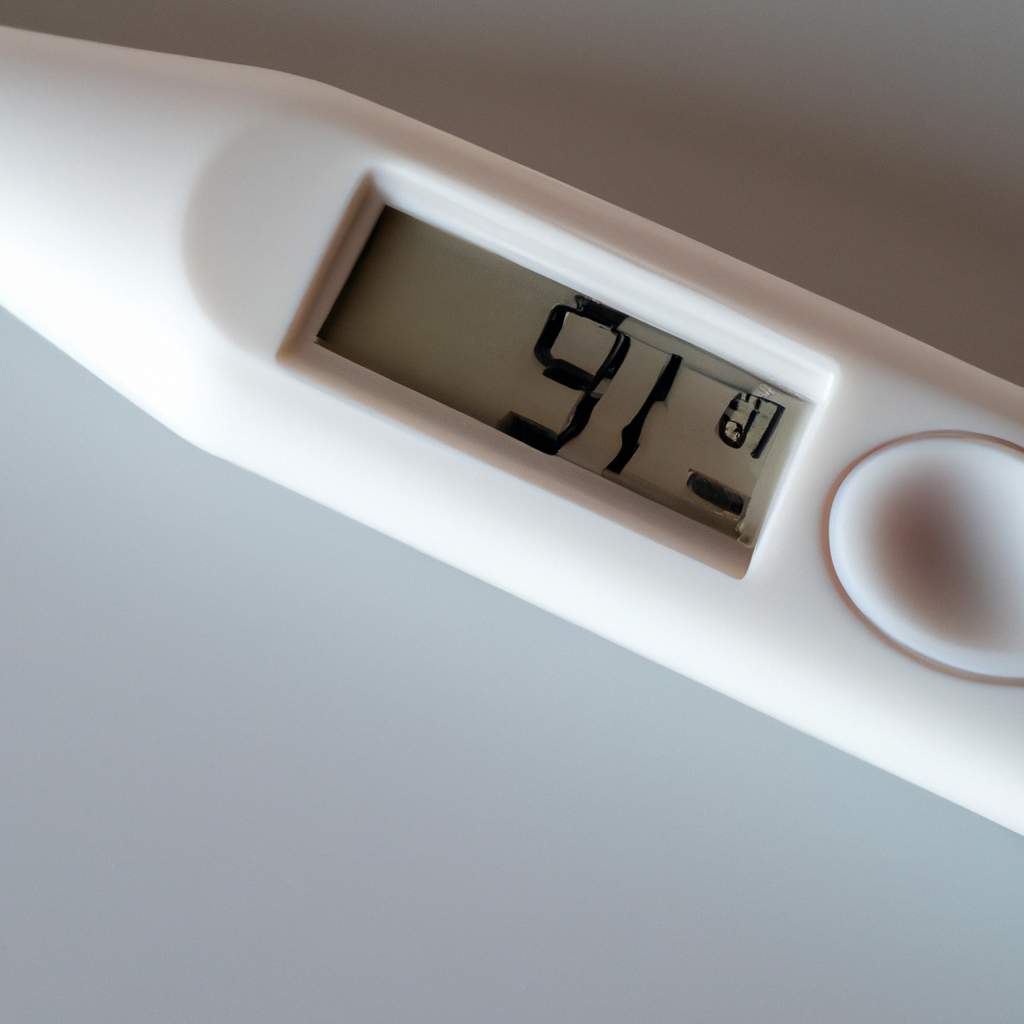Reducing energy consumption in the home is important for households concerned about their electricity, gas, water, and environmental budgets. With rising energy prices, particularly electricity, and the importance of environmental issues, it's essential to find ways to reduce consumption and save on electricity bills while adopting a more sustainable lifestyle. These grandmother's tips will help you save energy and lower your electricity bill by using cooking appliances, heating systems, and other household appliances differently.
Switching Energy Providers
Tip 1: Choosing a more economical and environmentally friendly energy provider (for electricity and/or gas) can be a solution to reduce your electricity bill. Compare the available offers on the market based on the price per kWh, the services offered, and the energy sources used (renewable or non-renewable). Don't hesitate to consult customer reviews to get a more precise idea of the service quality.
Tip 2: Use solar panels: If you are considering long-term investments, installing solar panels on your roof can help you generate your own electricity and significantly reduce your electricity bill.
Energy Saving Tips for the Kitchen
- Cooking
Cooking is a high-energy activity in our daily lives. Here are 3 tips to save energy:
1. Use cookware that matches the size of your stovetop. Additionally, covering your pots and pans with a lid will retain heat and speed up cooking time, resulting in lower electricity consumption.
2. Choose induction cooktops: If possible, opt for an induction cooktop instead of a traditional electric one. Induction cooktops are more efficient and heat up faster, leading to reduced energy consumption.
3. Turn off the oven before the cooking time is complete. The residual heat in the oven will continue to cook the dish while saving energy by not consuming additional electricity.
Using Household Appliances
Reducing energy consumption can help lower your electricity bill. Here are two tips to consume less electricity:
1. Opt for eco modes and unplug unused appliances to avoid standby power consumption. Using power strips with switches can completely cut off the power supply.
2. Adjust the temperature of your refrigerator and freezer: Make sure the temperature is optimally set. Slightly raising the temperature can be sufficient to safely preserve your food and reduce energy consumption.
Reducing energy consumption associated with heating

Insulating Your Home: Tips to Reduce Energy Consumption and Save Money
Proper insulation is crucial for reducing heating consumption in your home. Check the tightness of doors and windows, use thick curtains to limit heat loss, and consider adding extra insulation if needed.
Temperature Adjustment
Tip 1: Maintaining the optimal temperature in your home is crucial for saving energy without sacrificing comfort. Ideally, keep the living areas at 19°C and the bedrooms at 16°C.
Tip 2: Use a programmable thermostat for your heating system. Set it to turn on only when you truly need it. For example, lower the temperature during the night or when you are away.
Tip 3: Make use of natural heat. During winter, take advantage of the sun's natural warmth by keeping your curtains open during the day. This will naturally warm up your home and reduce the need for heating.
Saving Energy in the Bathroom
- "Water Usage
Hot water is a significant energy expense in your home. To decrease your water consumption, choose shorter showers instead of baths and install flow restrictors on your faucets. This way, you will reduce your energy consumption associated with water heating.
- Electrical Appliances
Here are some tips to reduce your electricity consumption and save money on your bill:
- Limit the use of energy-intensive appliances such as refrigerators, freezers, washing machines, hairdryers, and water heaters.
- Regularly maintain these appliances to optimize their energy performance.
- Consider air-drying your laundry instead of using a dryer whenever possible.
Saving energy for lighting purposes
LED Bulbs
Replace your old light bulbs with energy-saving bulbs or LED bulbs. LED bulbs are a cost-effective and eco-friendly solution for lighting your home. They consume up to 80% less energy than traditional bulbs and have a longer lifespan.
Motion Sensors
Tip 1: Turn off unnecessary lights: Get into the habit of turning off lights when you leave a room. Also, make use of natural light whenever possible.
Tip 2: Install motion detectors in high-traffic areas to avoid forgetting to turn off the lights and reduce electricity consumption related to lighting.
Raise awareness within your family: Involve your family in energy-saving efforts by explaining the benefits and encouraging good habits. Each member can contribute by turning off lights, avoiding water waste, and using appliances responsibly.
By implementing these tips and tricks inspired by grandmother's remedies, you can make significant savings on your electricity bill while adopting a more environmentally friendly lifestyle. Every gesture counts, so don't wait any longer to put these recommendations into practice and enjoy a more energy-efficient daily life!
Image source: pixabay.










